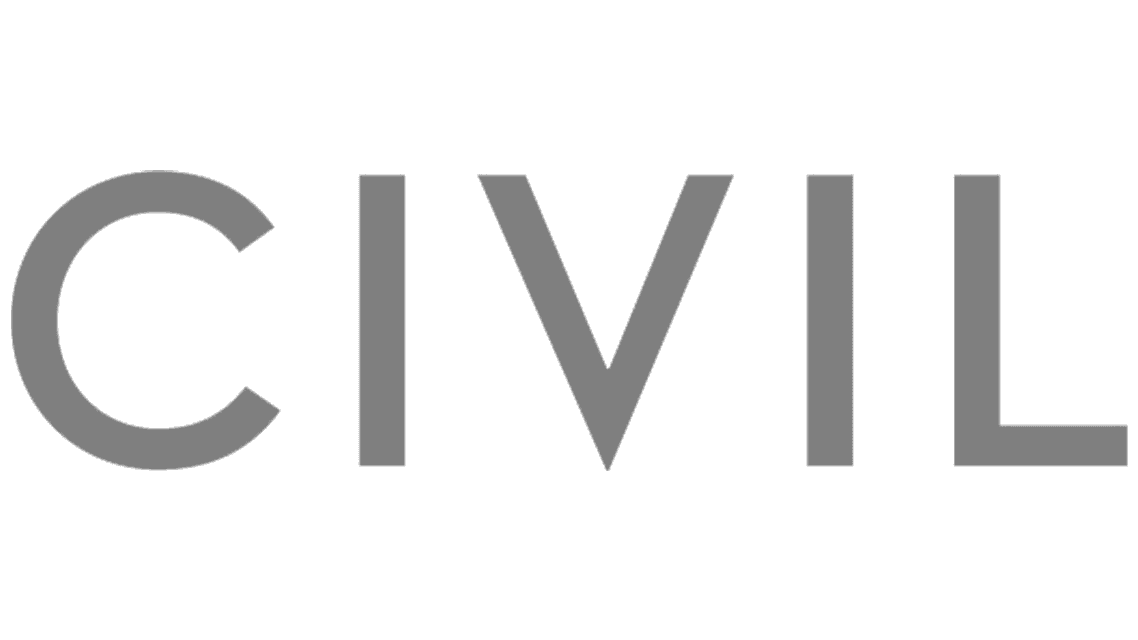
Case study
How Inside Story hosts workshops to commission stories with readers' input
In a nutshell
A co-commissioning workshop between journalists and subscribers to help readers see the how journalism is created, and help journalists understand their community better.
Background
- Inside Story is a subscription-based digital-only news organisation founded in 2016 to offer quality, in-depth journalism. It focuses on investigative stories and produces approximately ten longform stories each week.
- The #YourStory event started as an idea to celebrate the end of the first year anniversary of Inside Story but morphed into a way to gather story ideas from readers, which would then be produced by the editorial team.
- #YourStory was a success in 2017, so the team decided to run #YourStory2 in March this year.

How did they do it?
- A call-out for story ideas was placed on the website and in Inside Story's daily news email. During the course of a month, 90 subscribers submitted 120 stories to a specifically created email address.
- Everyone who submitted a story idea was invited to a three-hour evening workshop in a gallery in Athens. It was facilitated by media academic Betty Tsakarestou, who has researched co-creation methodologies and brought design thinking expertise to the process.
- Around 50 people were able to attend the workshop. They were organised in tables of seven or eight with a journalist as a facilitator. Each of their stories was debated for five minutes in a kind of structured editorial meeting. After several hours, the table selected one story to go through.
- Six stories (one from each table) were then presented at a second event held in a bookshop in Athens, where the general public was able to attend.
- At this event, each subscriber explained their story in more detail and attendees voted for the one that was to take priority. The winner was a pitch by three 18-year-old women from a local school about racism in West Attica, a region of Greece.
What did they learn?
- Inside Story journalists learned about the readers and the kinds of stories they’re interested in. Subscribers reported via a feedback form that they had a much better understanding of commissioning and writing stories.
- The Inside Story team organised a further event at the school of the winners, which exposed Inside Story to a group of younger readers, although it's not clear if any became subscribers.
- Rather than covering just one topic, the journalists decided to follow up on several other topics (an interesting case of Turkish officers in Greece and the proposal for a historical building) that subscribers had voted for.
- The Inside Story team also reported anecdotally that several lapsed subscribers signed up again in order to have the chance to submit a story idea.
- In the future, the Inside Story team have said that they would like to analyse the subscription tenure of #YourStory2 attendees to see if the workshop helps keep subscribers longer.
In their words
Dimitris Xenakis, general director, Inside Story
"During the workshop, readers learned what’s worth publishing, what’s doable and what’s interesting - they also told us they had a good time enjoying the mechanics of journalism."
How would you improve it?
"Next year we are looking into focusing on specific themes/topics to see how this affects the interaction and taking YourStory outside Athens as there are quite a few participants already from outside the capital."
Now try it for yourself
Read more about how a local site in the US used meetups to help demystify their city and help readers understand how they can get involved in their journalism.
Please make a contribution today
Your support will help us continue providing the kinds of opportunities journalists tell us they rely on
Would you like to have a direct conversation about making a donation? Please get in touch.



